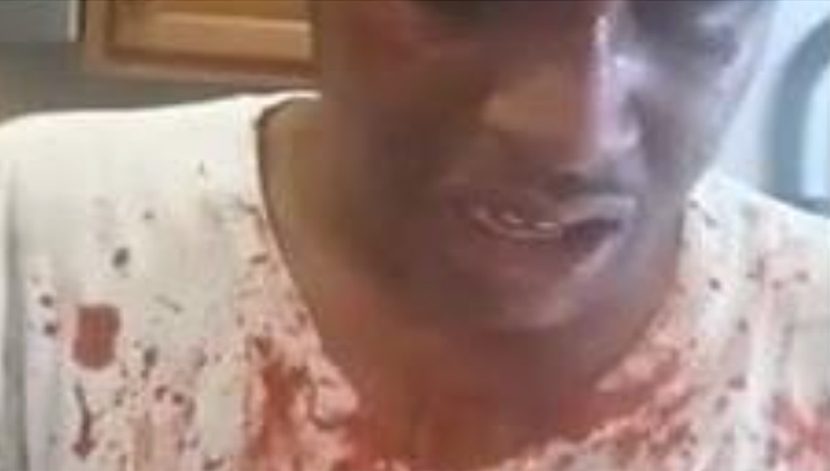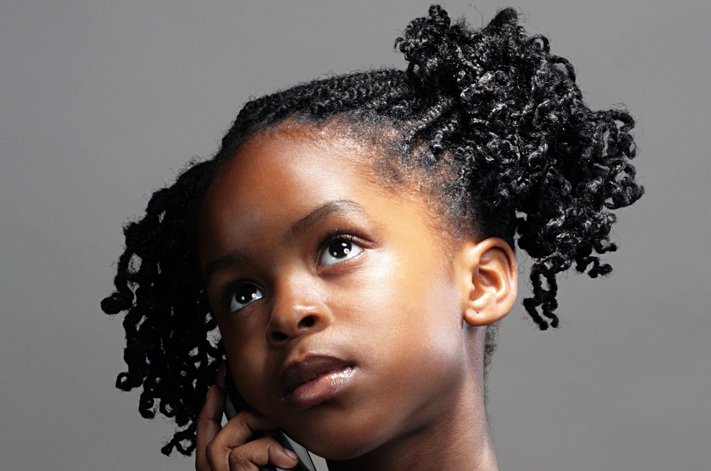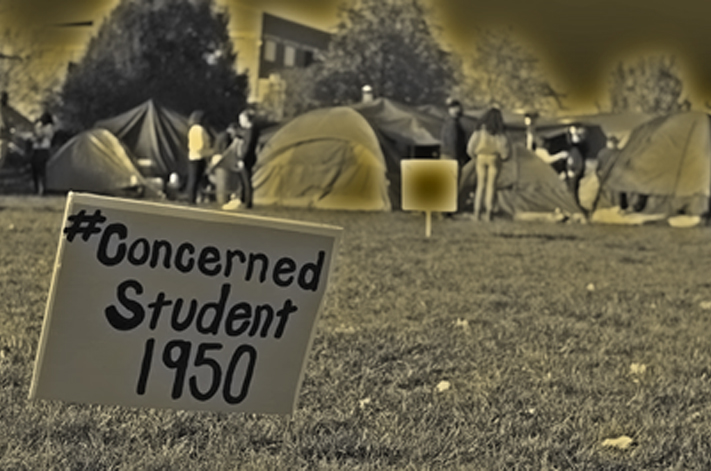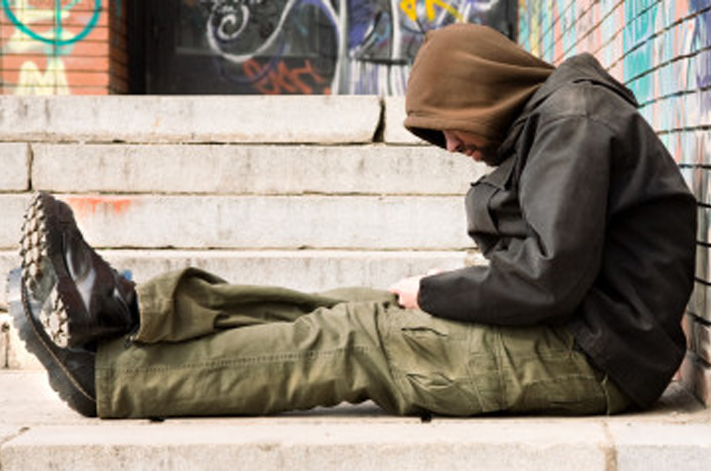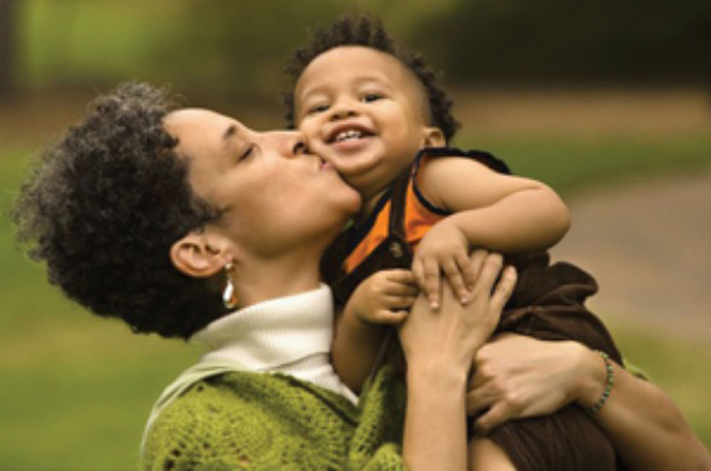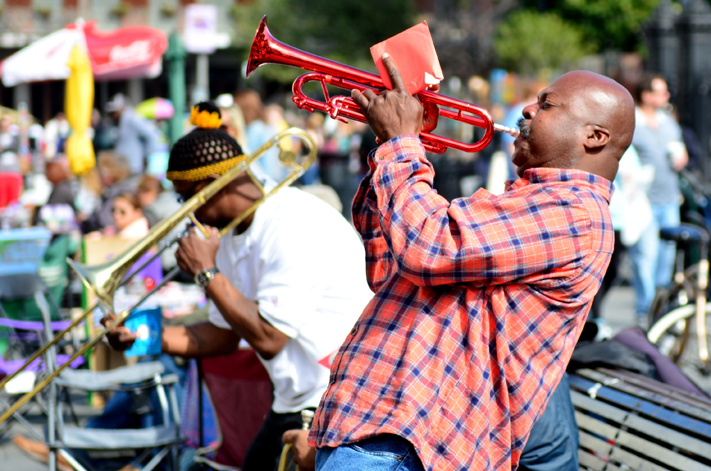Project Description
To partake in the joys of the first treats of spring can turn ugly without notice…
As the wheels continue to fly off my personal life, moments of simple joy and normalcy are increasingly hard to come by. My son’s unexpected visit home this week promised to be an opportunity to simply be present with family and savor the simple joys of togetherness. To share in the love that makes us a family, without the heady labels that often weigh us down.
Yet, as a mixed-raced family in a white space, the reality is that anytime we leave our house as a family, we risk incurring the wrath of the ignorant and hateful. To partake in the joys of the first treats of spring can turn ugly without notice and, sadly, a visit to Maine’s most populous city yesterday was the day when the ugly became personal and my nine-year-old daughter learned that there are people who will never know her essence but instead will reduce her to nothing more than a nigger.
I had no intentions of blogging about what happened to my family yesterday in Portland, though in a fit of anger, I did tweet about it in vague terms. However our degradation was witnessed by many, including a local news anchor who shared what she witnessed on her Facebook page and when a news anchor shares such a tale in a state the size of Maine…well, it seems I should just write about it myself.
My husband, son, daughter and I were walking in downtown Portland in an area known as the Old Port. The Old Port is a cute little area with cobblestone streets and an assortment of boutiques and eateries that draw crowds. We had already shopped at several local shops and were off to grab gelato before heading back to our little hamlet when suddenly and without warning as we were waiting to cross the street, a carload of young white men approached and without warning, the young man in the passenger seat yelled out very clearly and very loudly “Hey, niggers!” In that moment, I was frozen, I was scared…I was hurt. Yet before I had time to process what I was feeling, my son dropped the bags he had been carrying and ran off after the car. As I snapped to and realized that my son might be doing something foolish, the sounds of my daughter wailing for her brother to not run pierced my soul. I called out to him, too, in the hopes he would stop but he said he had to run and never paused for a second.
We stood there unsure what to do next, a sense of shame seeping into our souls. To be othered so publicly in such a vile manner is not a comfortable feeling. In that moment, the three of us stood, not sure if we should run after my son. My husband walked across the street to see if he could see our boy, he couldn’t. My husband asked if I felt he should go after him, I said no. We needed to be here when he returned. In those excruciating moments, nothing was said to us, though what seemed like minutes later, a white man crossed the street and asked if we were okay. I explained what happened and he asked if I could recall what the car looked like and that he would go look for my son once his own ride arrived to pick him up.
Eventually, the standing became too much and the weight of worry caused me to start walking and look for my son, while I had my husband and daughter stay put. I walked a few blocks down the street and came upon my son who was walking back our way. He wasn’t harmed but his anger was apparent. As we walked, I held his arm just as I had done when he was a small boy which, considering he is now a full head-plus taller than me, is laughable. I asked him why he ran, he told me he ran for every time growing up in Maine that a grown man had called him a nigger and he was too little to do anything but hang his head. He ran because he is tired of hanging his head and feeling nothing but shame. He ran because having his baby sister hear those vile words was simply not acceptable to him. He ran because a pack of white men calling his mama a nigger was not okay. He knew the risk inherent in running but he also knew that at 23, he is tired of stuffing down the weight of racism and being asked to be the “better person” by silently taking the abuse and waiting for society to change when it clearly has little impetus to do so. He realized that sometimes, a man has to be willing to risk everything, including an ass kicking or a jail cell, to right some of the wrongs in this world. It may seem…or maybe even be…foolish, but there comes a time when one is simply tired of dealing with injustice.
I have spent the last 11 years writing about race and racism. I head one of the few organizations in the United States dedicated to anti-racism work. While I can go into an academic head space about racism, the fact is it is very different when it is your family and your children living with the reality and weight of being different and being seen as less than fully human. It hurts and if you think about it too much, it will crush your spirit. Yesterday’s events were a psychic gut punch in a week that had already doled out a more than a few psychic kicks.
When I tweeted about the exchange, I was literally blowing off steam on the ride back home and had no intention to really talk about it again. But waking up to numerous messages and to see my painful exchange shared publicly and in detail, well…I am grateful for the anchor’s observations but I am also saddened. Saddened that she was not comfortable enough after seeing the entire exchange to come over and ask “Are you okay?” In my professional work, I work with white people on race and the white American culture is a, all-too-polite space where too many times white people don’t speak up and unfortunately silence can be harmful. Racism is a system, and that silence upholds that system even when we don’t believe we are actively creating harm.
In having the story go public, it created many questions and one being: What happened afterwards? Well we had a sober ride home, the mood of the day being utterly destroyed on a day that we honestly needed to be good. We needed a perfect spring day to savor as we grapple with the uncertainty and fragility of life. Instead, we were reminded that the world can be an utterly ugly place, my daughter asking on the way home if we could move away from this place. I reminded her that ugly can live anywhere. If I felt there was a place that was safe and where we could be assured that we would never hear that word again, I would move heaven and earth to get us there. However, there is no such space in a world that is not comfortable with Black and Brown bodies, instead all I can do is prepare her for what she faces and pray that her gentle soul is not destroyed in the process. Prepare her to wear the mask and stuff down her self just enough to stay strong but not too much otherwise the weight of the mask that Black and Brown people wear in spaces becomes too much and will eat you alive.
So, that’s what happens when you go out on a gorgeous spring day and you’re Black. Your humanity, security and even dignity can get snatched away in a second. You feel the pain, you try not to let it utterly consume you, and then you take it and stick in the jar and keep it moving.
I will keep moving. As will my family. Sometimes, if you try to tear us down, we will run. Not away from you but after you, and you will see us in your rearview mirror or over your shoulder. Even if you outpace us, we will ensure you do not forget us or take us lightly ever again.
Shay Stewart-Bouley is the creator of Black Girl in Maine, also known as BGIM for those who want to keep their typing-related finger stress down. She is a Chicago-born, Chicago-raised chick who was forcibly relocated to Maine in 2002. (How else does a Black woman from Chicago end up in Maine?) Shay is a graduate of both DePaul University and Antioch University New England. Currently Shay Stewart-Bouley earns her daily bread by working as the Executive Director of Community Change Inc, a 47 year old civil rights organization in Boston, MA that has been educating and organizing for racial equality since 1968.
In 2003, Shay Stewart-Bouley decided to test the waters of a childhood dream of writing and started writing periodically for publications such as the Portland Press Herald and the Journal Tribune. Later that year she landed her own column in the Portland Phoenix, “Diverse-City.” For over a decade Shay shared insights and commentary monthly on a variety of diversity issues ranging from race to class, gender relations to sexual orientation, and workplace issues to lifestyle choices. In 2011, Shay Stewart-Bouley won a New England Press Association Award for her work writing on diversity issues. She is currently the diversity writer for the new Maine weekly DigPortland where her musings and observations can be found every four weeks.
This piece was reprinted by EmpathyEducates with permission or license. We thank Shay Stewart-Bouley for her kindness and reflection. We are grateful that she asks the questions, What happened before, after and during what began as a lovely day? And why is it too rarely people ask their brethren, “Are you okay?”

